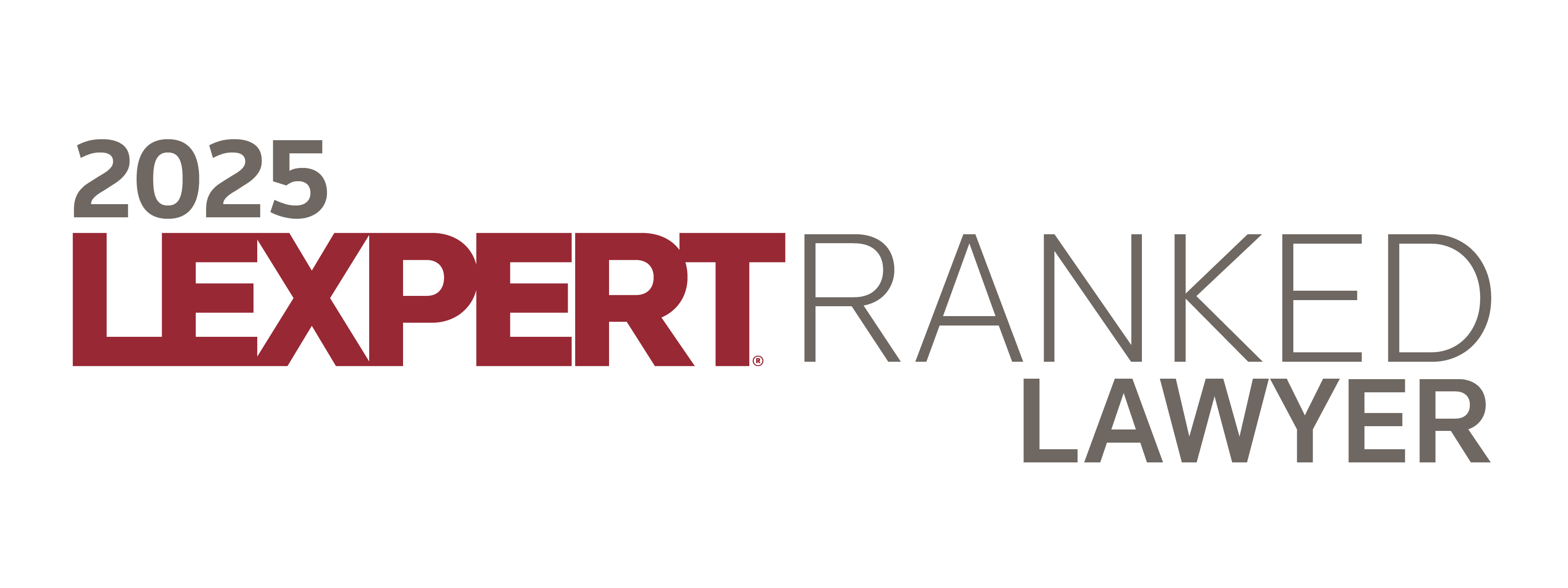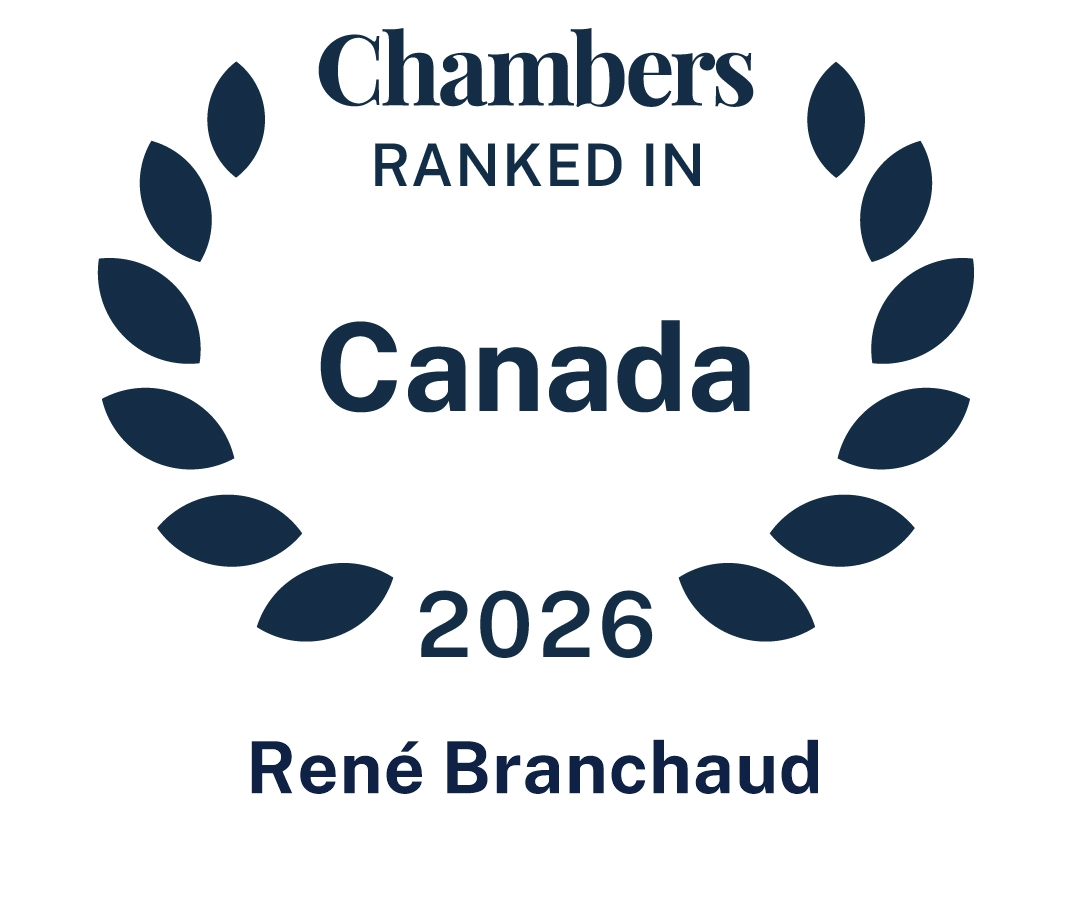Greenland’s Strategic Importance - a Mining Perspective
The United States depends heavily on rare earth elements (REEs) for both everyday products and national security. These materials are essential for items such as smartphones, electric vehicles, wind turbines, and advanced military equipment. Concerns about the security and reliability of the U.S. REE supply chain have become a major policy issue in Washington. Greenland’s geology makes it especially interesting in this context. The island contains a wide range of critical minerals and holds some of the world’s largest undeveloped rare earth deposits. In other words, many of the minerals that are crucial for modern technologies could, in principle, be sourced from Greenland. At present, more than 60% of the world’s rare earths are mined in China, and China controls over 90% of the global processing capacity. This concentration creates a strategic vulnerability for Western countries, which depend on Chinese production and processing for these key materials. Greenland, by contrast, offers significant but largely untapped potential. In addition to rare earths, it is believed to host deposits of gold, copper, nickel, iron ore, zinc, molybdenum, tungsten, titanium, and vanadium, along with graphite and diamonds. Greenland is also thought to have large reserves of oil and natural gas. While many of these minerals are currently produced in China and in several African countries, there are growing reasons to look for new sources. These include geopolitical tensions, concerns about supply disruptions, transportation costs, and the need to secure long-term access to critical resources. Despite its vast resource potential, Greenland’s mining sector is still in the early stages. Most activity remains focused on exploration and evaluation rather than large-scale production. As global demand for critical minerals continues to rise, however, Greenland is likely to draw increasing attention as a possible alternative or complementary source of supply. For mining companies and their advisors, Greenland’s resource potential highlights a broader reality: as demand for critical minerals intensifies, attention increasingly turns to jurisdictions with significant but undeveloped deposits. In such contexts, geological promise is only part of the equation. Regulatory frameworks, permitting processes, environmental and social considerations, and access to infrastructure often play an equally decisive role in determining whether and how projects advance. In many respects, these dynamics will sound familiar to industry participants operating in Canada and Quebec, where strategic minerals, evolving policy priorities, and heightened expectations around responsible development continue to shape the mining landscape. Greenland therefore offers a useful point of reflection on how global supply chain pressures can create both opportunities and complexities for mining projects. Lavery’s Mining Law Group regularly assists clients in navigating these issues and is available to help assess how such developments may translate into practical considerations for their business.








